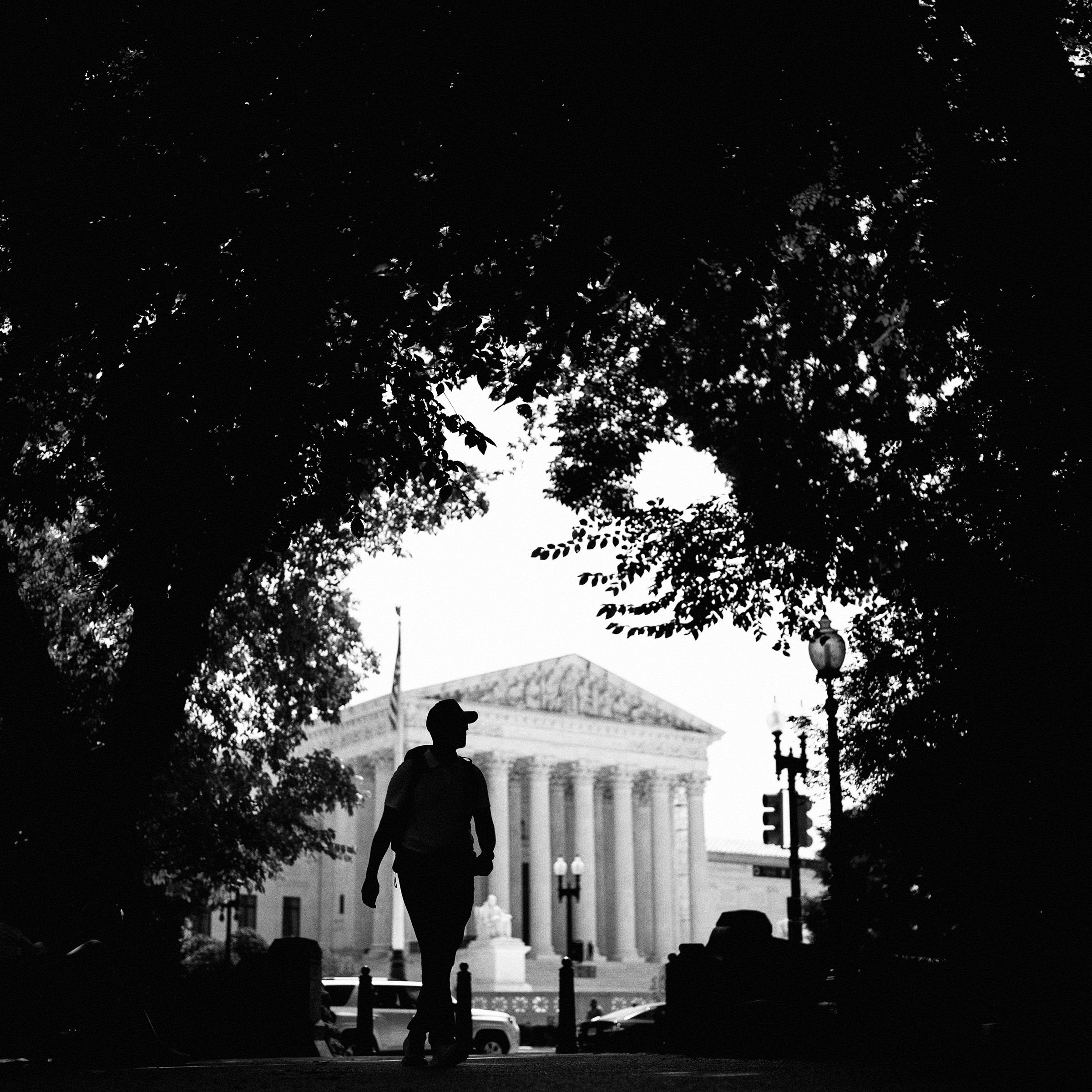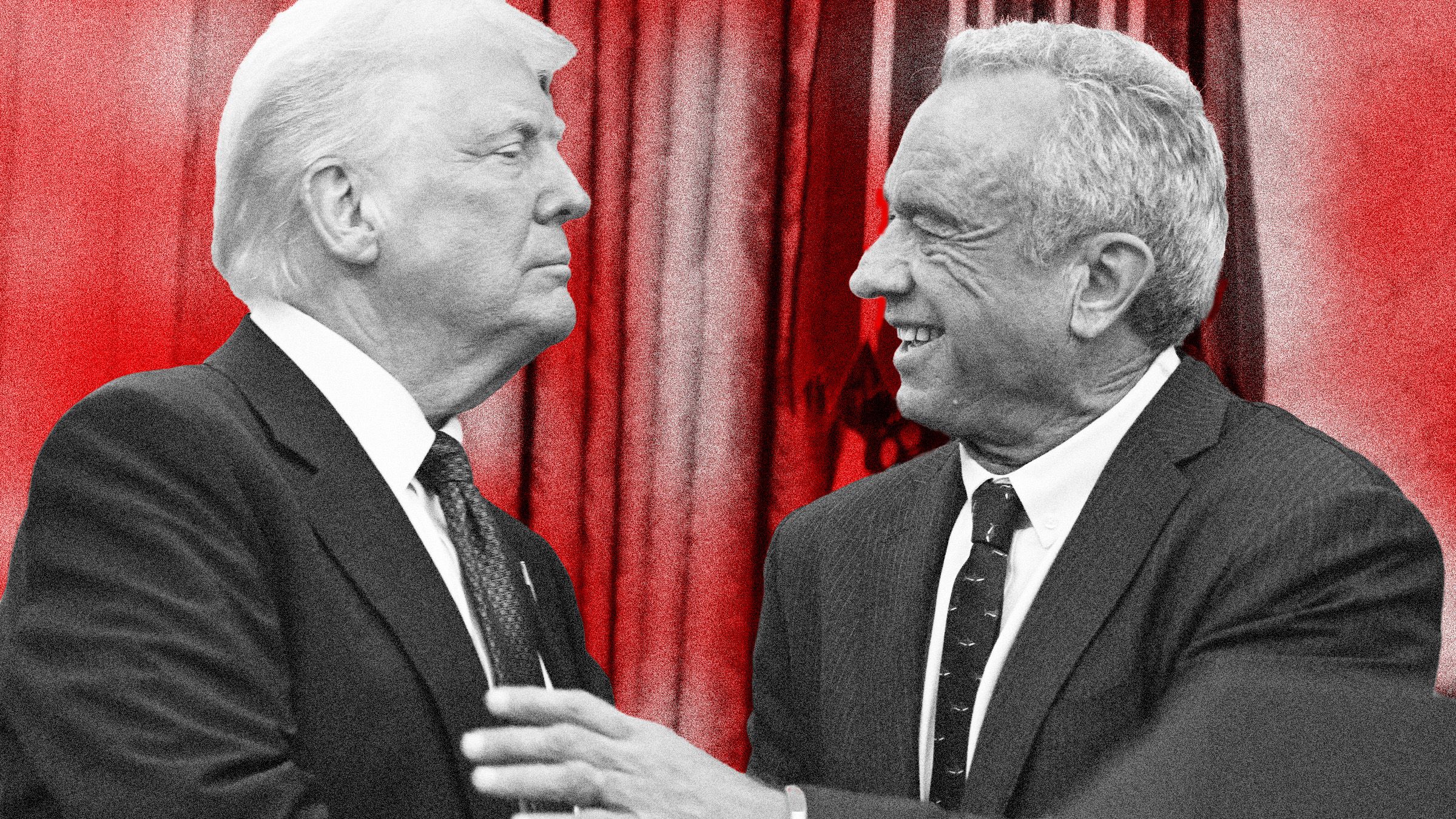US Supreme Court Upholds Texas Porn ID Law
US Supreme Court Upholds Texas Porn ID Law
In a landmark decision, the US Supreme Court has ruled in favor of upholding the Texas Porn ID Law, which requires individuals to provide...

US Supreme Court Upholds Texas Porn ID Law
In a landmark decision, the US Supreme Court has ruled in favor of upholding the Texas Porn ID Law, which requires individuals to provide identification before accessing adult content online. The controversial law has been met with backlash from civil liberties groups, who argue that it infringes on the First Amendment right to free speech.
Supporters of the law argue that it is necessary to protect minors from exposure to harmful and explicit material. The Supreme Court’s decision is seen as a victory for proponents of online safety and child protection.
The ruling sets a precedent for other states to implement similar laws aimed at regulating access to adult content online. Critics of the decision warn that it could lead to further censorship and restrictions on free expression.
The Texas Porn ID Law has been a hotly debated issue since its introduction, with proponents and opponents clashing over the balance between protecting minors and upholding constitutional rights.
The Supreme Court’s decision is expected to have far-reaching implications for internet regulation and the debate over online content censorship. It remains to be seen how other states will respond to the ruling and whether similar laws will be implemented nationwide.
Regardless of one’s stance on the issue, the US Supreme Court’s decision to uphold the Texas Porn ID Law will undoubtedly have a significant impact on the future of online content regulation and free speech in the United States.
Overall, the ruling represents a complex intersection of constitutional rights, moral concerns, and the role of government in regulating online content. The decision is likely to spark further debate and legal challenges in the ongoing battle over internet censorship and free expression.




